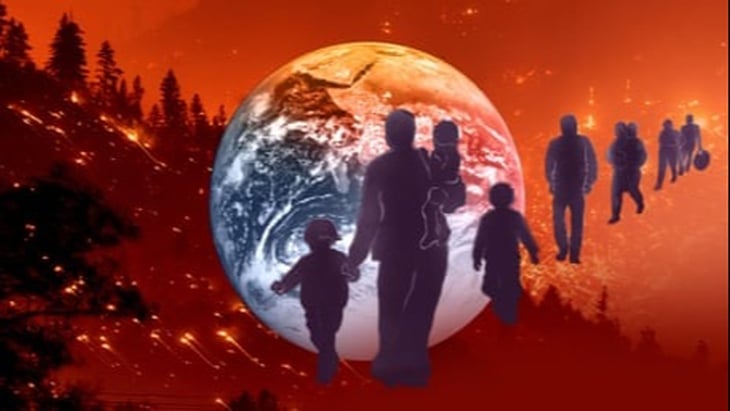
Climate change, with its violent storms, record summers and widespread wildfires, is making young people question whether the world is safe to welcome a new life. - Photo: Guardian
While parents look forward to holding their grandchildren, many young people in the US are considering not having children, not because of finances or careers, but because they worry about the future of the planet given the current rate of climate change, according to ABC News.
When climate anxiety becomes parenting fear
Amanda Porretto, 27, works in advertising in Kansas. At the average age for American mothers, she is still unsure whether she wants to have children. As an only child, Porretto feels pressure from her family, as her father wants to become a grandfather soon.
"People think not having children is selfish. But I don't think so. The world has too many problems that need to be fixed before another life can come into existence," she said.
Porretto’s story reflects a growing trend in the US. Surveys show that concerns about climate change are strongly influencing the parenting decisions of younger generations.
According to a 2024 study published in The Lancet , more than 50% of people aged 16 to 25 said they were hesitant to have children because of the climate. A Pew Research Center report from the same year found that childless Americans under 50 were four times more likely than those over 50 to consider climate change a factor in their decision to have children.
The reason is not just fear of having children grow up in a harsher world, but also guilt about the “carbon footprint” a child will leave. “Compared to other choices like energy consumption or transportation, having a child has a much larger carbon footprint,” said Nandita Bajaj, CEO of the nonprofit Population Balance.
Professor Travis Rieder of Johns Hopkins University calls this a “carbon legacy,” because each child will have its own emissions footprint throughout its life, and then continue to give birth to the next generation, extending the impact across generations. However, Rieder is not calling for a ban on having children, but rather suggests that each person carefully consider the desire to be a parent and their responsibility to the environment.
Differences in living standards also have different environmental impacts. The average American emits more than 12 times more carbon than a Ghanaian, according to data from the Global Atmospheric Emissions Facility. That means each child born in a rich country has a much larger impact than one born in a poor country.
When childbirth becomes a sensitive topic because of the environment
Although having children is an act with a major climate impact, the topic is rarely discussed in individual carbon-reduction campaigns. The reason, according to philosopher Trevor Hedberg (University of Arizona), is that society has always considered childbearing sacred, associated with happiness and blessing. "When someone announces a pregnancy, the first reaction is always congratulations, never to discuss the environmental impact," he said.
In addition, the topic of population has been associated with negative trends in the past. In the 1970s, the environmental movement warned of "overpopulation", leading to racist and eugenic views, making society wary of mentioning "low birth rates due to climate".
But in the age of the climate crisis, that silence is slowly breaking, with more and more people saying that the reason they are not having children is because of concern for the planet.
Freelance journalist Ash Sanders, 43, says she was adamant she didn’t want children. But when she unexpectedly became pregnant, she faced a fierce conflict between maternal instinct and environmental concerns. “I felt guilty about bringing another human into this overcrowded world,” she says. She eventually chose to adopt her child and has kept in touch. “She’s adorable, I love her. But the guilt never goes away.”
Marine biologist Juan Jaramillo, on the other hand, made the decision early. He chose not to have children at a young age, partly for personal reasons and partly because of environmental awareness. “The problems of pollution, overexploitation, and resource depletion have been around for a long time. I didn’t want to add to that,” he says.
Professor Rieder, who has spent years studying the link between fertility and climate, faced a similar question. “Having a child is one of the most meaningful things in life, but it is also one of the most carbon-intensive. How do you find the balance?” In the end, he and his wife decided to have just one child, as a way to both preserve their desire to be parents and respect the limits of the Earth.
Source: https://tuoitre.vn/gioi-tre-my-luoi-sinh-con-vi-bien-doi-khi-hau-20251030092254506.htm


![[Photo] Da Nang: Water gradually recedes, local authorities take advantage of the cleanup](https://vphoto.vietnam.vn/thumb/1200x675/vietnam/resource/IMAGE/2025/10/31/1761897188943_ndo_tr_2-jpg.webp)
![[Photo] Prime Minister Pham Minh Chinh attends the 5th National Press Awards Ceremony on preventing and combating corruption, waste and negativity](https://vphoto.vietnam.vn/thumb/1200x675/vietnam/resource/IMAGE/2025/10/31/1761881588160_dsc-8359-jpg.webp)






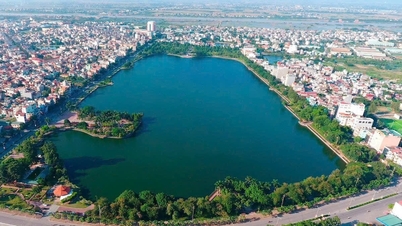

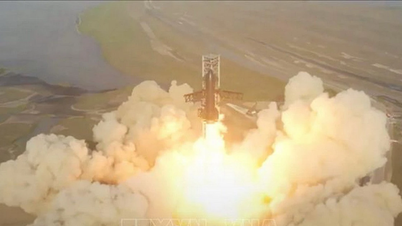

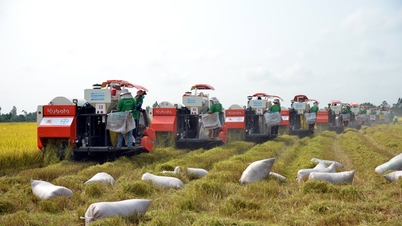








![[INFOGRAPHIC] Leica M EV1, The first Leica M camera with an electronic viewfinder](https://vphoto.vietnam.vn/thumb/402x226/vietnam/resource/IMAGE/2025/10/31/1761917597071_thumb-leica-m-ev1-jpg.webp)







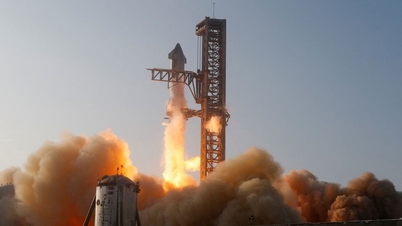
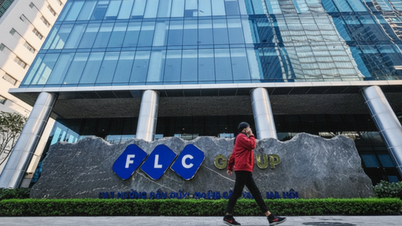
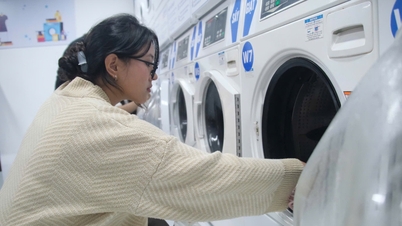

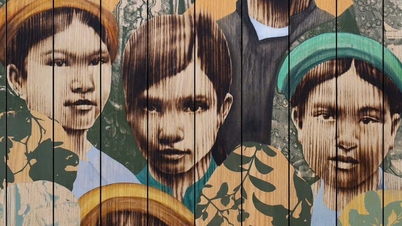
































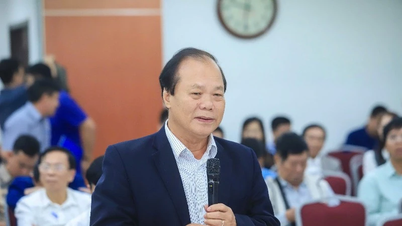




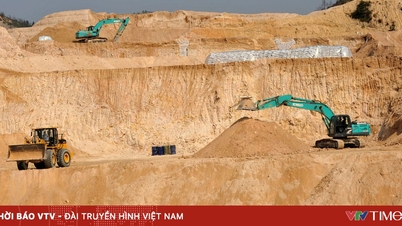
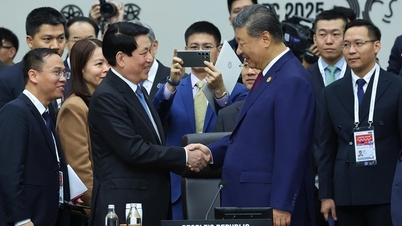





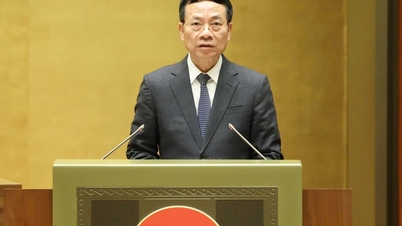
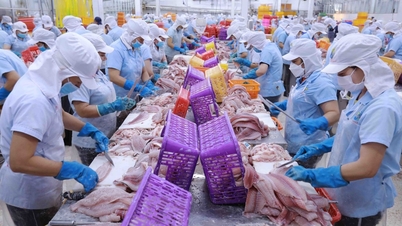
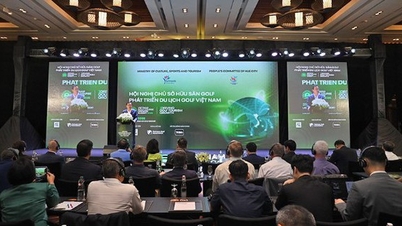








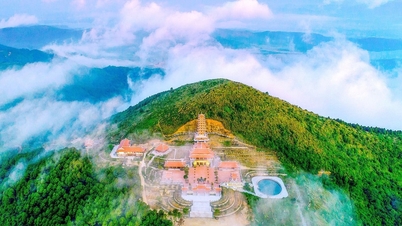
















Comment (0)